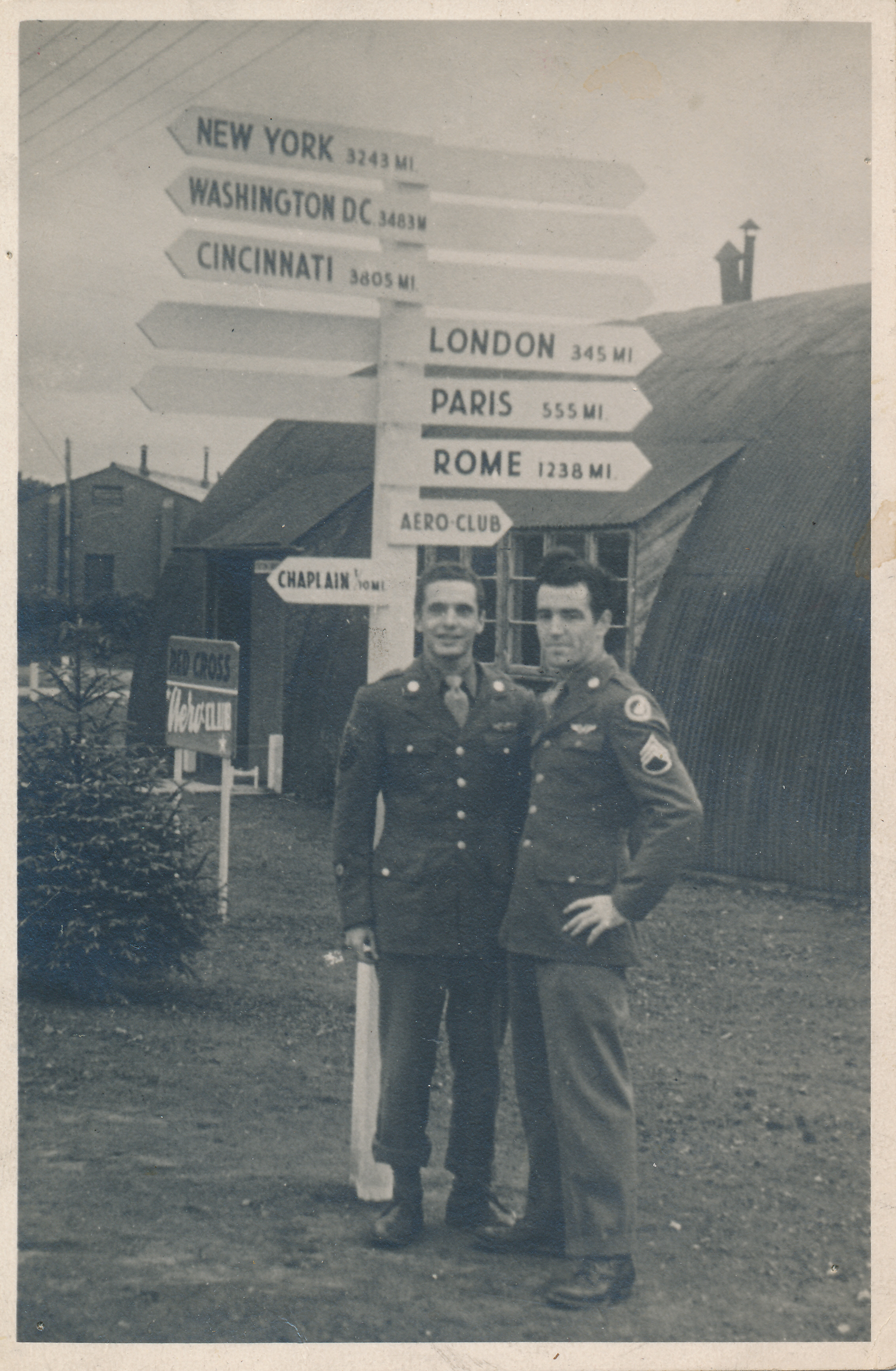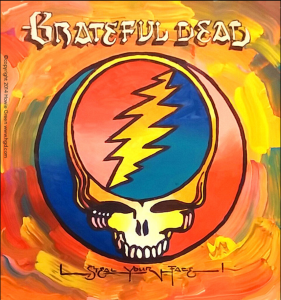We know the shapes of our narratives, and we also know our own voice and style. So our stories are likely to make sense to us, regardless of whether they make sense to others.
On Monday, I wrote about my recent editing experiences and the new challenges I’ve faced helping authors improve their work. Today I would like to continue in a somewhat similar vein with a post about self-editing.
Editing our own work can be incredibly difficult, but it is also a skill we can hone. Let me be absolutely clear, though: No matter how good we become at editing our own work, we still need outside editors. No one – NO ONE – is so good at writing and self-editing that they can get by without an editor. None of what I’m about to suggest is intended as a replacement for the editorial process. Rather, self-editing is a tool that will make subsequent editorial relationships easier and quicker. Every problem we catch on our own is one fewer we need to hash out with an editor. Put another way, the cleaner our manuscripts, the easier it is to navigate future edits and revisions.
So with those caveats firmly in place, let’s look at a few things we can do to improve our self-editing.
The biggest problem we’re likely to encounter in editing our own work is our familiarity with our stories and our writing. We know what we’re trying to say. We know the shapes of our narratives, and we also know our own voice and style. So our stories are likely to make sense to us, regardless of whether they make sense to others. Our prose is likely to be clear and coherent to us, even if it’s clunky or sloppy to others. As a for instance, have you ever omitted a key word from the sentence, and then read that sentence again and again and again, each time inserting the word in your own head so that you fail to realize that the word isn’t there on the page? Only when another reader comes along and says, “You know, you’re missing a word…” do we finally realize there’s a problem. In the same way, we can often come up with plot points that make perfect sense in our own thinking and remain utterly opaque to our readers.
Thus, the secret to successful self-editing lies in creating as much distance as possible between the writing process and the experience of reading our own work. We want the material to feel as fresh, as much like the work of another writer, as it can.
How do we do this? I like to create distance between the writing and editing experiences using several tools: time, format, medium.
Time is pretty simple, but let me back up briefly to say that I tend to write relatively polished drafts. That’s just the way I work. I want the wording of my first draft to be as close to the final version as possible, so I clean things up as I write. That said, though, once I finish a section of a draft, I don’t go back and edit until I complete the entire book. Any edits I think of along the way, I jot down in a separate file. And then I continue writing. As I said in a post a few weeks ago, I don’t retreat into edits because for me momentum is everything.
Once the manuscript is done, I stick it in a drawer (in a figurative sense) for at least four weeks. I prefer six. And yes, when planning my work schedule and juggling deadlines, I factor in this resting period. During the interim I work on other things, ideally something in a different world or series. That way, when I come back to the piece all those weeks later, it’s fresh. I won’t have forgotten it – that’s too much to ask. But it won’t be quite so familiar.
Format is a bit of an inconvenience, at least for me. I write at my computer. Everything. I can barely hand-write a shopping list anymore. And so I am used to looking at my manuscripts on a screen. Ideally, I then edit with a pencil on a paper copy of the book. Now, I understand that printing our manuscripts is a pain in the butt. It’s time-consuming, paper and ink are expensive, and there are environmental factors to consider. But the fact is, if I write on my computer and try to edit on the computer as well, I miss stuff. When I read the book on paper, I see things I would otherwise skim over. If you are in a position to print out your books I recommend doing so. You’ll be amazed at the difference it makes.
Medium is easy, although you might want to do this one in the privacy of your own home. We write our books in relative silence (though I do often speak as I type, particularly with dialogue), and we can read and edit them that way as well. Or, we can read them aloud. I’ll admit that at this stage of my career, I rarely print out manuscripts. But I ALWAYS edit by reading aloud. I see the page differently when I treat it as a script, catching mistakes I’d otherwise miss. And more to the point, when I hear the book, even in my own voice, I become aware of things that might escape me in a silent read: clunky transitions, words and phrases I’ve overused, stilted dialogue, and a bunch of other problems. Seriously, reading a piece out loud might leave you hoarse and exhausted, but it’s invaluable as a self-editing tool.
There are other distancing techniques that can help as well. For instance, if you write every day in the same spot in your house or in a library or café, trying editing elsewhere. That change in venue can make a difference.
The point is, you want your writing experience and critical reading experience to have as little in common as possible. Anything that makes the manuscript feel fresh and unfamiliar will contribute to clearing your perspective. And that, in turn, will allow you to see and fix issues you might have missed.
Best of luck, and keep writing!










 Hi, my name is David, and I used to be a Deadhead.
Hi, my name is David, and I used to be a Deadhead.




